Candidate Directors for the 2025 Elections
Below you find a detailed description of each of the 11 candidates, in the order their nominations were submitted. You can find even more information about them on their personal websites. This year 7 new Directors for 2026-2028 will be elected.
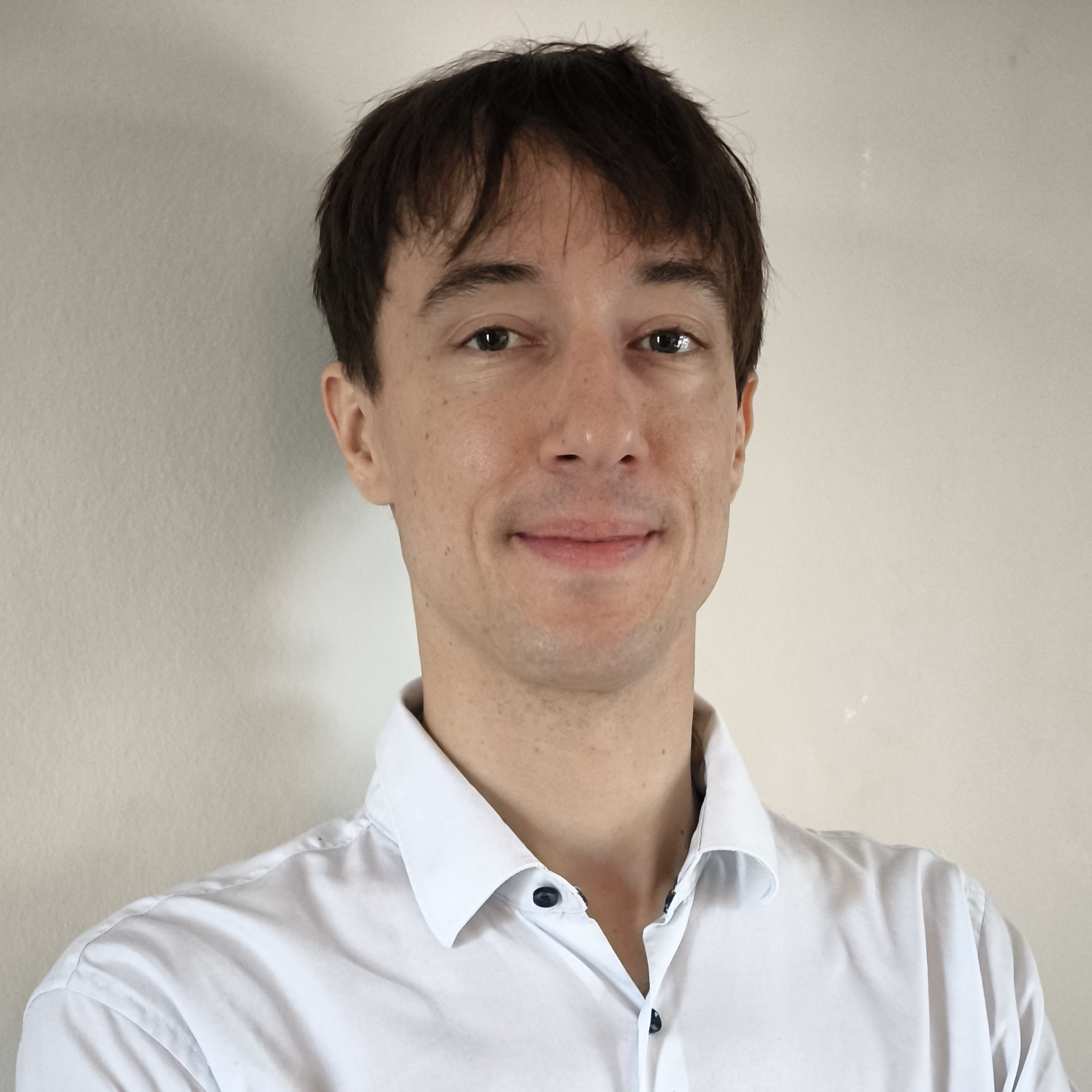 |
Thomas Tarnaud
Postdoc Member/Non-profit Employee
Ghent University - IMEC
Belgium
|
I am a computational neuroscientist at the WAVES and 4Brain research groups of Ghent University (Belgium), working on biophysical models for ultrasound neuromodulation and electrostimulation. During my postdoc, I received training at EPFL (Switzerland) and Aalto University (Finland). Since 2024, I am an associate professor at Ghent University, as the principal investigator of an ERC Starting Grant project to develop a closed-loop ultrasound neuromodulation treatment for epilepsy.
|
| |
Research Interests:
My research concentrates on building bottom-up biophysical models to optimize experimental designs for ultrasound neuromodulation, transcranial magnetic stimulation, and vagus nerve stimulation. I am also interested in the application of computational neuroscience to assess conservativeness of international electromagnetic safety guidelines.
Past Experience:
Describe your past contributions or participation in computational neuroscience.
I have authored computational neuroscience publications on various neurostimulation technologies (temporal interference, vagus nerve, ultrasound, etc.). I am a reviewer for 13 biomedical engineering journals. In 2024 and since 2025, I am a member of the program committee of the FEARS Research Symposium (Ghent University) and OCNS, respectively.
Motivation:
Please explain why you want to become an OCNS director.
The CNS meeting is one of the main conferences to learn about and to present results on computational neuroscience, and to interact with the community. Since 2019, my research group is regularly attending the CNS meetings. As a result, I am excited to contribute to OCNS through this opportunity of joining the board of directors.
OCNS and CNS participation:
# of CNS meetings attended: 2-3
Review service for CNS meeting: none
Programme Committee / Local Organizing Committee member: present
Member of OCNS Board of Directors: never
|
.jpg) |
Dimitris Pinotsis
Faculty Member/For-profit Employee
City, University of London/St George’sUnited Kingdom |
I am a theoretical neuroscientist with a PhD in Mathematics and an MSc in Theoretical Physics from the University of Cambridge. Before transitioning into neuroscience, I published more than fifteen papers in leading mathematics and physics journals. I then pursued neuroscience training at UCL and MIT. Since 2018, I have been part of the Department of Psychology and Neuroscience at City, University of London/St George’s, where I currently serve as Associate Professor (Reader).
|
| |
Research Interests:
computational neuroscience,psychiatry, theoretical neurobiology, machine learning, data analysis
Past Experience:
Describe your past contributions or participation in computational neuroscience.
I have greatly valued the opportunity to serve as Sponsorship Co-Chair for OCNS. In this role, I was able to support the society’s mission by strengthening relationships with sponsors and ensuring the continued success of our events. This experience has given me a deeper understanding of the society's operations.
Motivation:
Please explain why you want to become an OCNS director.
As my current tenure in OCNS Board comes to an end, I am eager to continue contributing in a new capacity. Whether through Workshops, Travel Awards, Tutorials, or EDI, I am committed to supporting the society’s growth and ensuring that its activities remain inclusive, impactful, and beneficial to members at all stages of their careers. I am flexible regarding the specific role, as my main motivation is to serve the society where my skills and experience will be most useful.
OCNS and CNS participation:
# of CNS meetings attended: 4-5
Review service for CNS meeting: 1
Programme Committee / Local Organizing Committee member: never
Member of OCNS Board of Directors: present
|
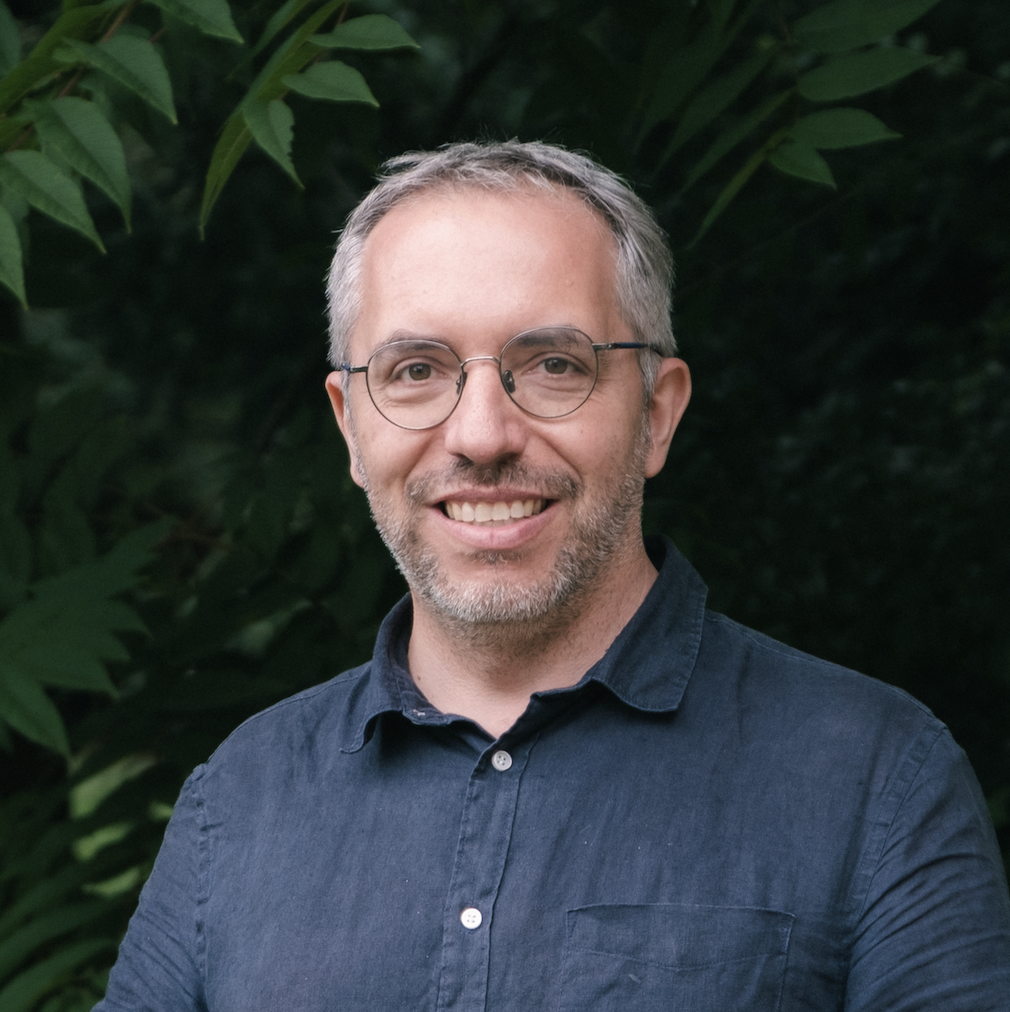 |
Demian Battaglia
Faculty Member/For-profit Employee
University of Strasbourg / CNRSFrance |
PhD in Statistical Physics at the interface with information theory at SISSA (Trieste, Italy, 2005)Switch to neuroscience with a postdoc with David Hansel and Nicolas Brunel (Paris, 2006-2008)PI at BCCN Göttingen (Germany, 2009-2013)Marie Curie Fellow at Aix-Marseille University (host Viktor Jirsa, 2014-2015)CNRS permanent faculty since 2015; currently co-director of Team FunSy at University of Strasbourg
|
| |
Research Interests:
Theoretical and computational analysis of brain circuit dynamics from the scale of local micro-circuits up to the whole brainSpecial interest in flexible information processing and routing and linking transient collective activity patterns and dynamic functional connectivity to brain function and dysfunction
Past Experience:
Describe your past contributions or participation in computational neuroscience.
I have explored the 3-way link between dynamics, structural and functional connectivity, developing theories of flexible information routing via transient oscillations. I have designed whole-brain models of dynamic Functional Connectivity (dFC) and shown that a fast and structured dFC serve as a functional resource for efficient cognition.
Motivation:
Please explain why you want to become an OCNS director.
CNS was my first neuroscience meeting, which I have attended since my postdoc years, presenting both general overviews and technical work on neural dynamics and information theory. Having missed only a few editions, I consider CNS my scientific home. I now wish to give back to the community, helping OCNS grow in visibility and remain the ideal venue for young neuroscientists to present and connect worldwide.
OCNS and CNS participation:
# of CNS meetings attended: more than 5
Review service for CNS meeting: 4-5
Programme Committee / Local Organizing Committee member: never
Member of OCNS Board of Directors: never
|
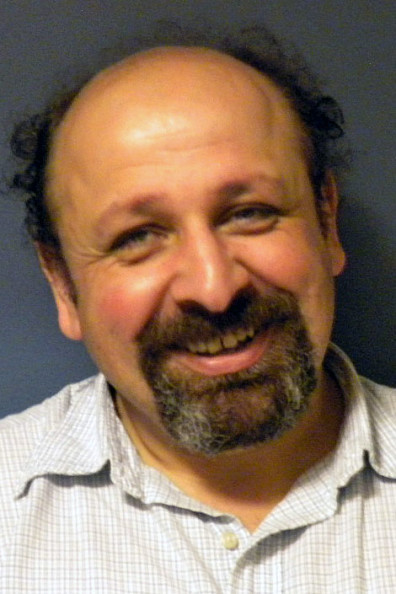 |
Alexander G Dimitrov
Faculty Member/For-profit Employee
Washington State University Vancouver
United States
|
PhD, University of Chicago, with Jack D. Cowan
Postdoctoral work with John Miller, cricket cercal sensory system
Faculty in Neuroscience, Montana State University (computational neuroscience)
Faculty in Mathematics, Washington State University Vancouver.
|
| |
Research Interests:
Modeling of neural systems. Neuromorphic computing. Neural dynamics. Simulated natural intelligence.
Past Experience:
Describe your past contributions or participation in computational neuroscience.
Assuming we are talking about OCNS: I was one of the founding directors of the organization. I have participated in most meetings since 1995, presenting posters and a few talks.
Motivation:
Please explain why you want to become an OCNS director.
As a former director of OCNS and regular participant, I am following the organization closely. Over the past few years I have been concerned with the fiscal stability of OCNS, and some of the decisions taken to stabilize it. Specifically, I believe it is short-sighted to decrease travel support for students, as it stunts potential growth of our membership. Hence my interest in the Travel Awards position. I will strive to reverse that trend and fund-raise for more travel funds.
OCNS and CNS participation:
# of CNS meetings attended: more than 5
Review service for CNS meeting: more than 5
Programme Committee / Local Organizing Committee member: past
Member of OCNS Board of Directors: past
|
 |
Nada Yousif
Faculty Member/For-profit Employee
University of Hertfordshire
United Kingdom
|
My interest in computational neuroscience was sparked during my undergraduate degree and consolidated during my PhD. I have been at the University of Hertfordshire, and a member of the Biocomputation research group for the last eight years. I have a particular interest in outreach and am currently the co-curricular lead in my department. I focus on modelling neurostimulation, particularly clinical treatments for movement disorders such as Parkinson’s disease.
|
| |
Research Interests:
In my research I aim to progress knowledge of pathological neural circuitry to optimise neurostimulation interventions and technologies. The mechanisms of approaches such as Deep Brain Stimulation and Focussed Ultrasound remain debated, and I believe that elucidating these using multi-level modelling is central to better targeting.
Past Experience:
Describe your past contributions or participation in computational neuroscience.
As Reader in Computational Neuroscience, my contributions include serving as an expert reviewer for the European Commission, research councils and journals. I have been involved with OCNS since 2003, first presenting at the meeting in Alicante. At the 2025 OCNS meeting I participated in the Theoretical Neuroscience podcast about neurotechnology.
Motivation:
Please explain why you want to become an OCNS director.
I attended an Advanced Course in Computational Neuroscience early in my career, and via this role in education, training & EDI, I am keen to help others have similar experiences. I have served as an OCNS reviewer, and on the program committee. I regularly attend and present at the annual meetings, and I encourage students to submit to attend meetings and participate in the community. I am very keen to deepen my involvement with this important organisation by serving on the board of directors.
OCNS and CNS participation:
# of CNS meetings attended: more than 5
Review service for CNS meeting: more than 5
Programme Committee / Local Organizing Committee member: present
Member of OCNS Board of Directors: never
|
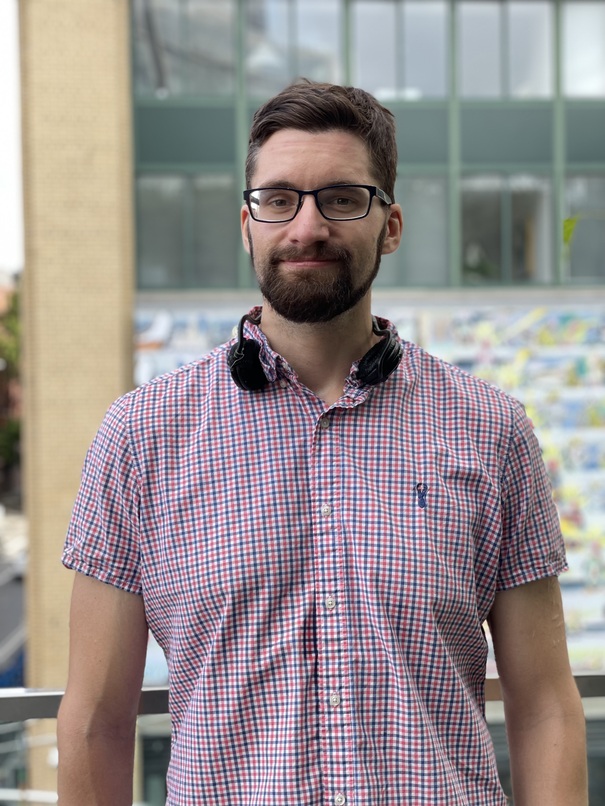 |
Adam John Hunter Newton
Postdoc Member/Non-profit Employee
SUNY Downstate Health Sciences University
United States
|
I am a research scientist in William Lytton's Neurosim Lab. My PhD was in complexity science, where I worked on mathematical modeling of diffusion, clearances, and measurement of adenosine in the neural tissue. My postdoctoral training in computational neuroscience focused on developing the reaction-diffusion module for NEURON, specifically on improving performance and adding extracellular and 3D intracellular capabilities to the simulation platform.
|
| |
Research Interests:
I am interested in developing multiscale computational neuroscience models. I contributed to the reaction-diffusion expansion of the NEURON. I am currently developing models of spreading depolarization that incorporate network connectivity and vasculature, and building data-driven Parkinsonian models of the primary motor cortex.
Past Experience:
Describe your past contributions or participation in computational neuroscience.
I’ve worked on NEURON development, as part of this work I have regularly contributed to CNS tutorials. I use the software in my own research, as well as supporting others. I was a co-editor and contributor to the OCNS Encyclopedia of Computational Neuroscience on modeling of disease.
Motivation:
Please explain why you want to become an OCNS director.
I first attended the 2017 OCNS meeting in Antwerp. I have presented posters or tutorials at six OCNS meetings. I enjoyed my experiences of OCNS, and it was very beneficial, so I would like to contribute to its continued growth and success. I have good organizational skills that could make a contribution to the group.
OCNS and CNS participation:
# of CNS meetings attended: more than 5
Review service for CNS meeting: none
Programme Committee / Local Organizing Committee member: never
Member of OCNS Board of Directors: never
|
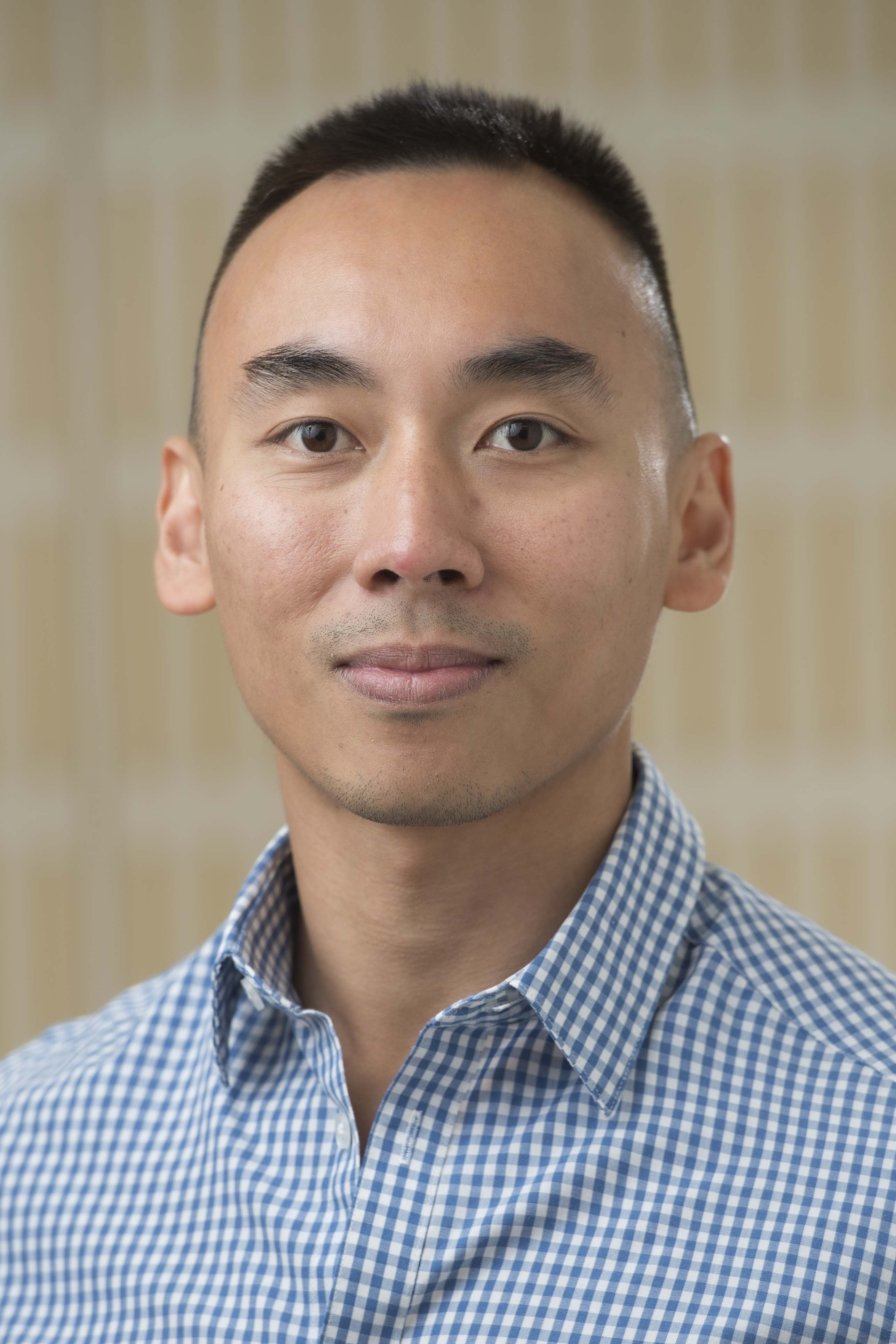 |
James Pang
Faculty Member/For-profit Employee
Monash University
Australia
|
I received my PhD in Neurophysics from the University of Sydney in 2019 under the supervision of Prof Peter Robinson. From 2019-2021, I did my postdoctoral training in the Brain Modelling Group at QIMR Berghofer. From 2021-2024, I was a Research Fellow at the School of Psychological Sciences, Monash University. From 2025-present, I have started to build my own team as an independent Research Fellow at Monash University, funded by an Australian Commonwealth NHMRC Emerging Leadership Fellowship.
|
| |
Research Interests:
My research combines biophysical computational models, neuroimaging (structural, diffusion, and functional MRI), connectivity, and physics-based analyses (e.g., eigenmodes) to better understand the mechanisms of meso- to macroscale brain structure and function in health, disease, and across species.
Past Experience:
Describe your past contributions or participation in computational neuroscience.
Computational neuroscience is an integral part of my work. I'm an OCNS member since 2019 and have attended 5 meetings (2019-2020, 2022, 2024-2025). In 2024 & 2025, I organized well-attended OCNS workshops, discussing emerging techniques to decompose multivariate neural data and to model brain structure and function across diverse species.
Motivation:
Please explain why you want to become an OCNS director.
As an Early Career Researcher, I'm passionate about advancing the field of computational neuroscience and ensuring diverse voices help shape its future. OCNS plays a vital role in fostering this community, and as a director, I am to strengthen its mission of sharing and advancing knowledge, and championing computational approaches as essential neuroscientific tools to meaningfully understanding the brain.
OCNS and CNS participation:
# of CNS meetings attended: 4-5
Review service for CNS meeting: none
Programme Committee / Local Organizing Committee member: never
Member of OCNS Board of Directors: never
|
 |
Vassilis Cutsuridis
Faculty Member/For-profit Employee
University of Plymouth
United Kingdom
|
I am currently an Associate Professor in Artificial Intelligence at University of Plymouth and the Director of its Artificial Intelligence and Data Analytics group. I hold a BSc and MSc in Physics and Maths, an M.A. in Cognitive and Neural Systems, and a PhD in Computational Neuroscience. I have published over 100 referred papers and edited 5 books and numerous special journal issues.
|
| |
Research Interests:
My lab’s research interests fall under the general category of Natural and Artificial Intelligence. We are broadly interested to reverse engineer how the brain and mind work in order to extract the neural algorithms for the design and development of more efficient intelligent methods for complex data analysis.
Past Experience:
Describe your past contributions or participation in computational neuroscience.
I am a member of OCNS since 2006/2007. I have attended most of OCNS conferences. I have organized 8 OCNS workshops including the most recent one “Brains and AI” international workshop, July 8, 2025, Florence, Italy
Motivation:
Please explain why you want to become an OCNS director.
I have over 20 years of academic experience. I have served at several organizing, reviewing and scientific panels/conferences/workshops/symposia around the world. I have the necessary experience to serve well and support the activities and duties of the roles I am applying to.
OCNS and CNS participation:
# of CNS meetings attended: more than 5
Review service for CNS meeting: more than 5
Programme Committee / Local Organizing Committee member: present
Member of OCNS Board of Directors: never
|
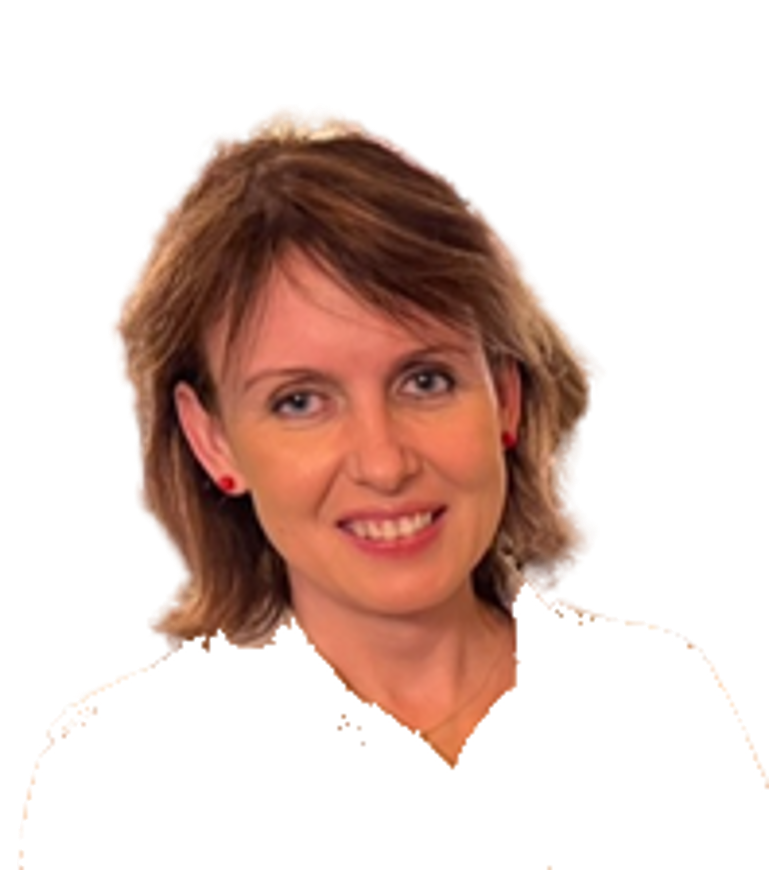 |
Ausra Saudargiene
Faculty Member/For-profit Employee
Lithuanian University of Health Sciences
Lithuania
|
I am a leader of the Computational Neuroscience lab at the Neuroscience Institute, Lithuanian University of Health Sciences (LSMU), and a Professor at the Department of Health Psychology (LSMU). I am leading EBRAINS Lithuania National Node. I obtained my PhD from the Institute of Mathematics and Informatics, Vilnius University, Lithuania, completed postdoc in Computational Neuroscience at the University of Stirling, UK, and received extensive training in Europe, USA, Canada, Japan.
|
| |
Research Interests:
I focus my research on computational modeling of brain functions in health and pathology, from molecular process of synaptic plasticity and microcircuit dynamics to whole brain models and neuromodulation. I apply deep learning techniques for EEG, MEG, MRI biomarkers in the fields of neurospychiatric and neurological disorders.
Past Experience:
Describe your past contributions or participation in computational neuroscience.
I actively participate at the CNS, FENS, SfN Meetings since 2013. We established with prof. ML. Linne the Baltic-Nordic Summer School BNNI on Neuroscience organized in the Baltic and Nordic countries in 2013-2024. I organized the EBRAINS Symposium From Cortical Microcircuits to Consciousness in Paris 2022; ICANN2025 in Lithuania 2025.
Motivation:
Please explain why you want to become an OCNS director.
My multidisciplinary background in computational neuroscience and AI, strong collaboration with clinicians, extensive experience in the organization of conferences, active participation in EBRAINS allow me to contribute to the advancement of OCNS.
My vision:
- promotion of fundamental research in computational/theoretical neuroscience
- strong collaboration with wet-lab experimentalists and clinicians
- education of new generation of neuroscientists
- strengthening synergy between neuroscience, AI and ethics
- engagement in organization of the CNS meetings.
OCNS and CNS participation:
# of CNS meetings attended: 4-5
Review service for CNS meeting: 4-5
Programme Committee / Local Organizing Committee member: never
Member of OCNS Board of Directors: never
|
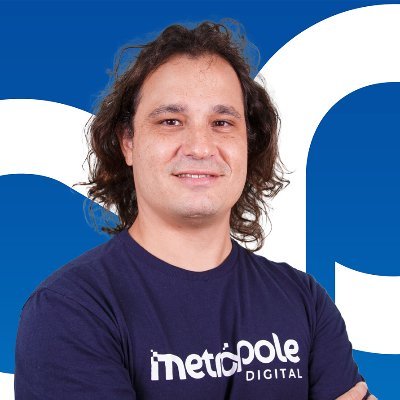 |
Cesar Renno-Costa
Faculty Member/For-profit Employee
Federal University of Rio Grande do Norte
Brazil
|
I am a computational neuroscience researcher at the Federal University of Rio Grande do Norte in Natal, Brazil. I lead the university's bioinformatics initiative and teach undergraduate and graduate courses in AI, ethics, computer science, and neuroscience.
|
| |
Research Interests:
AI, neuroscience, virtual reality, health informatics, bioinformatics, ethics, and law.
Past Experience:
Describe your past contributions or participation in computational neuroscience.
Local chair of the OCNS meeting in 2024, in Natal, Brazil.
Motivation:
Please explain why you want to become an OCNS director.
As a past local chair of the OCNS meeting, the first in Latin America, I advocate for more diversity of places and opportunities. I have received a great deal of support for previous initiatives to ensure a fairer and more accessible event, and I am motivated to advance more in this direction.
OCNS and CNS participation:
# of CNS meetings attended: 2-3
Review service for CNS meeting: 2-3
Programme Committee / Local Organizing Committee member: past
Member of OCNS Board of Directors: past
|
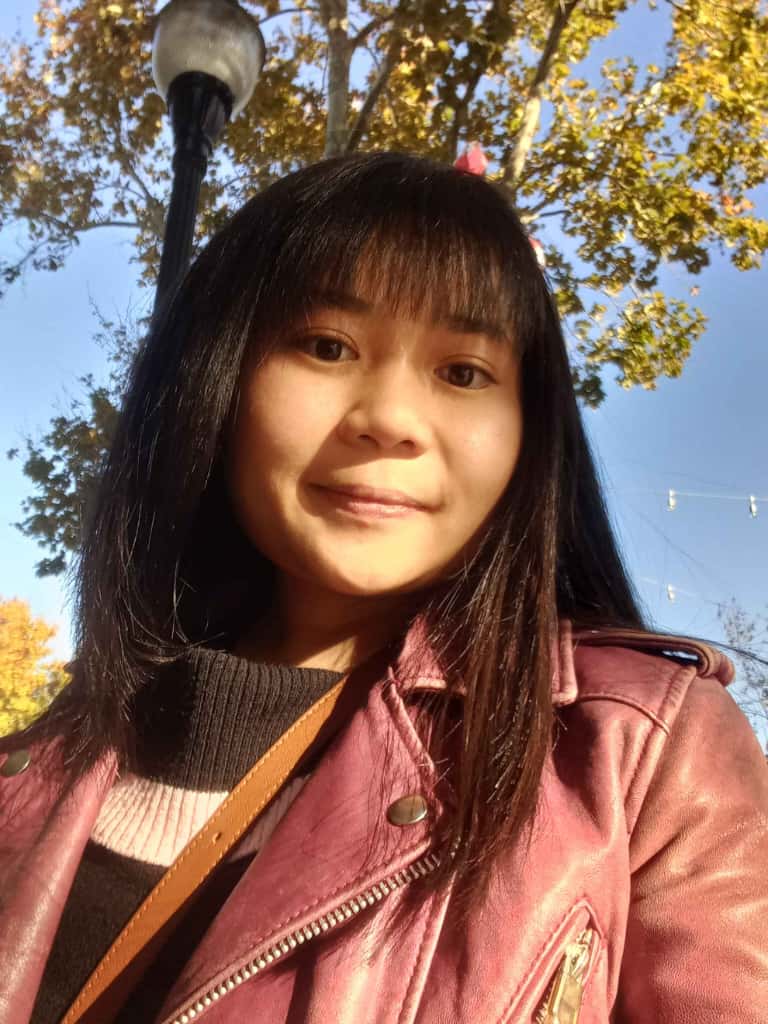 |
Trang Anh Estelle Nghiem
Postdoc Member/Non-profit Employee
Stanford University
United States
|
I am a French-Vietnamese computational cognitive scientist and neuro-AI researcher. I recently started and currently lead the computational neuropsychiatry lab at the Hertie Institute for AI in Brain Health at the University of Tübingen, Germany. I completed my BA in physics at Cambridge, MSc and PhD in computational neuroscience and statistical physics at the Ecole Normale Superieure in Paris, and my postdoctoral scholarship in cognitive neuroscience and psychiatry at Stanford.
|
| |
Research Interests:
My research strives to uncover the biophysical mechanisms causing brain dysfunction in psychiatric disorders like autism and schizophrenia, in order to guide treatment strategies targeting the root causes of symptoms in each patient. To do so, we develop personalized, biophysically informed neural-network and whole-brain models of brain function.
Past Experience:
Describe your past contributions or participation in computational neuroscience.
I have developed models of neural dynamics from spiking networks to whole brains, alongside model inference tools that allowed me to analyze neural data from rodents, primates, and humans. I organized 3 computational neuroscience workshops at the EITN and COSYNE that featured speaker line-ups with balanced gender, ethnicity, and career stages.
Motivation:
Please explain why you want to become an OCNS director.
Being a queer woman of color in comp neuro made me keenly aware of EDI challenges. My grasp of how these challenges affect scientists globally across career stages grew through working in 4 countries on 2 continents and recently becoming faculty. Meeting members of the same minority groups at CNS*25 inspired me to give back to the community. As education, training, and EDI director, I would be eager to facilitate mentoring, access to travel, and anonymous EDI surveys to find improvement areas.
OCNS and CNS participation:
# of CNS meetings attended: 1
Review service for CNS meeting: none
Programme Committee / Local Organizing Committee member: never
Member of OCNS Board of Directors: never
|
|


.jpg)








